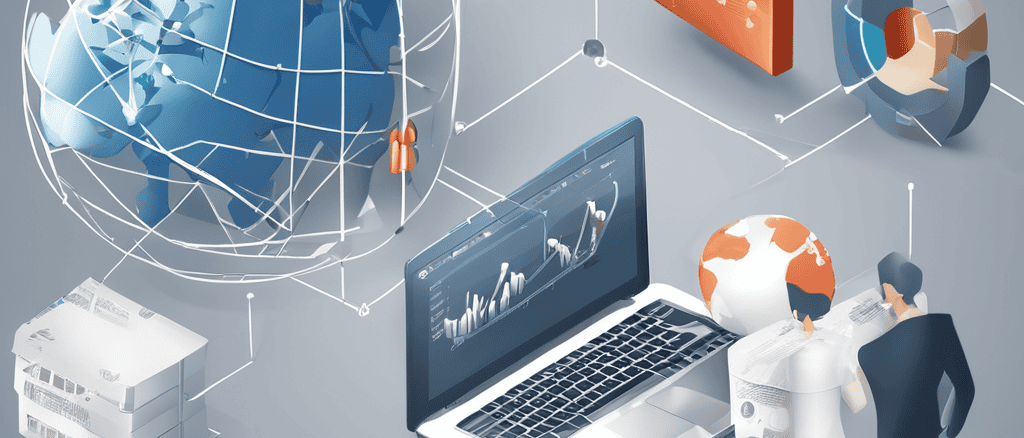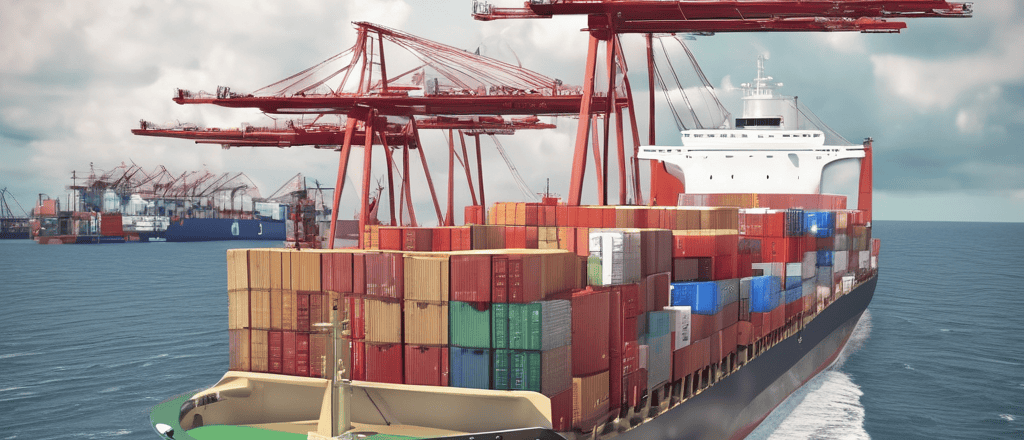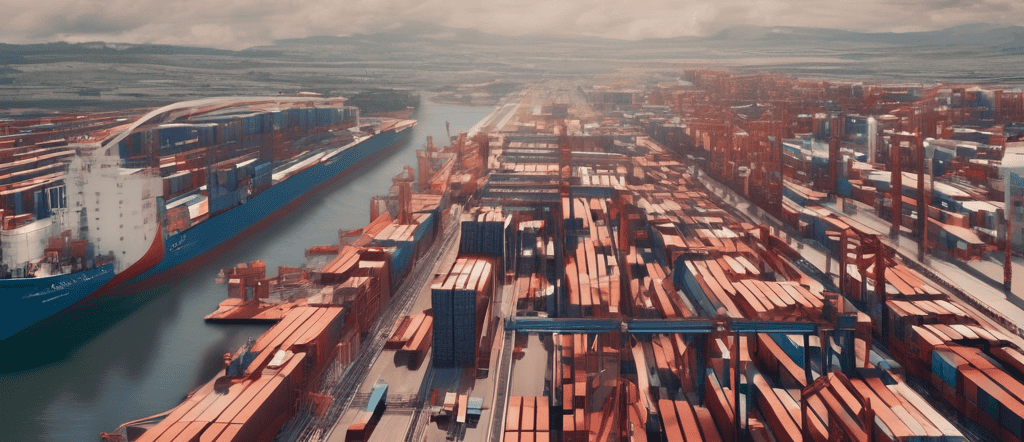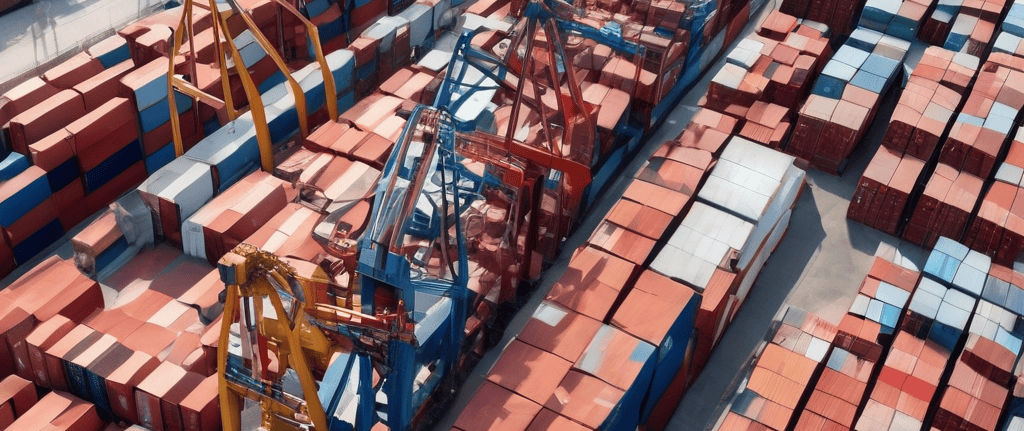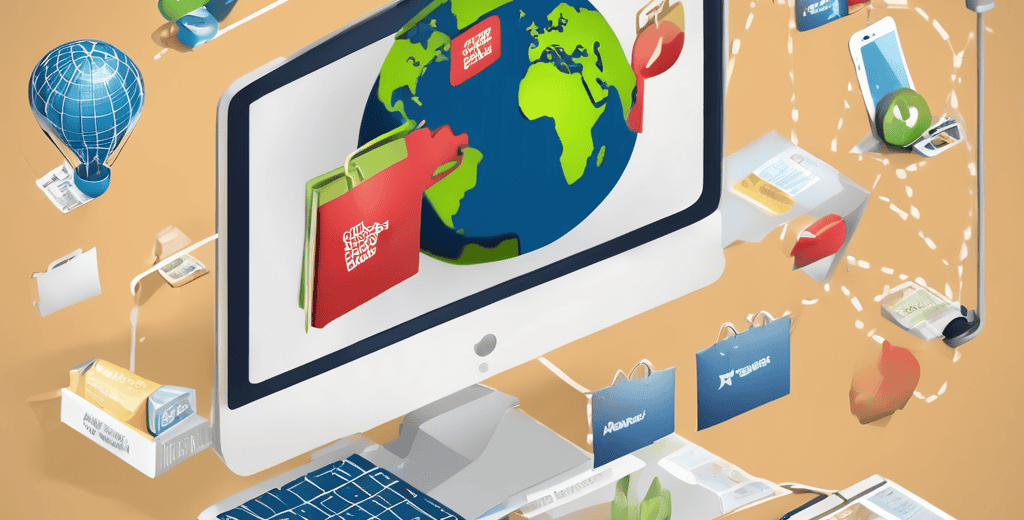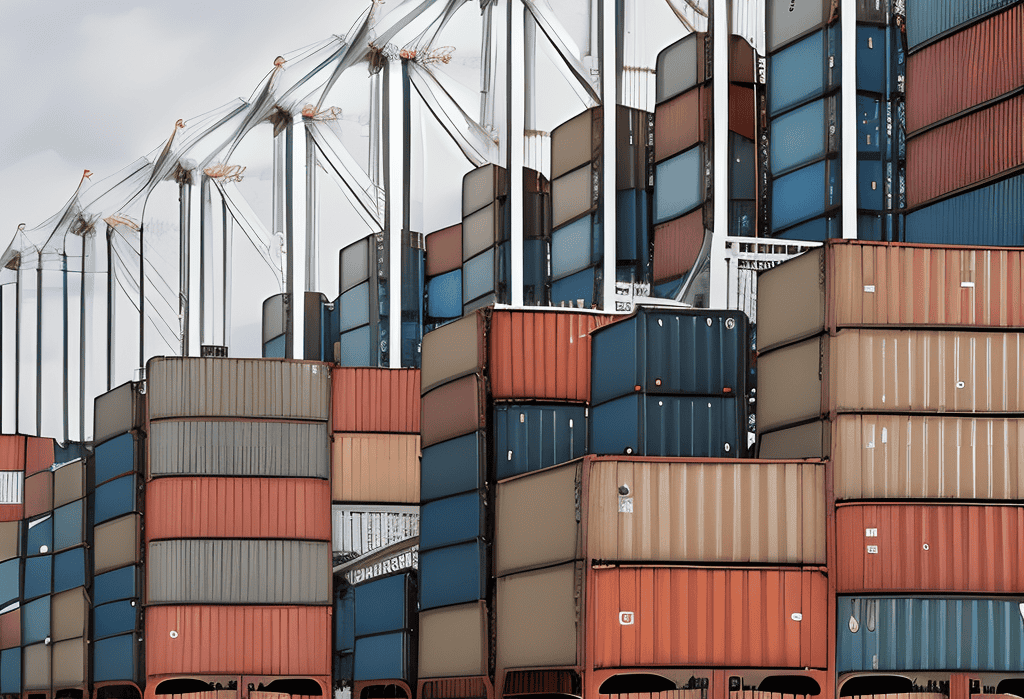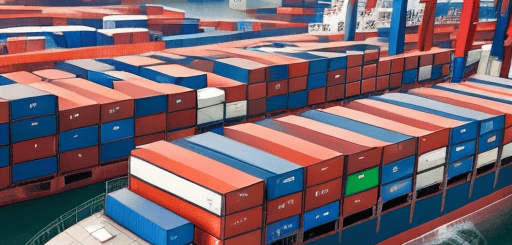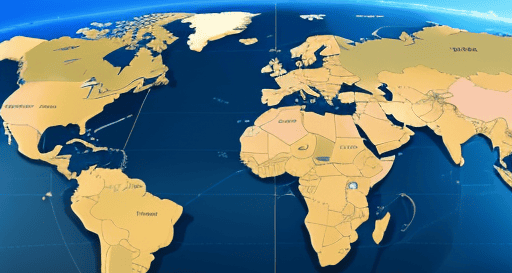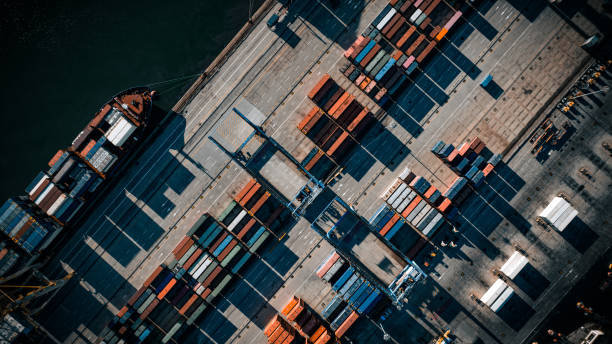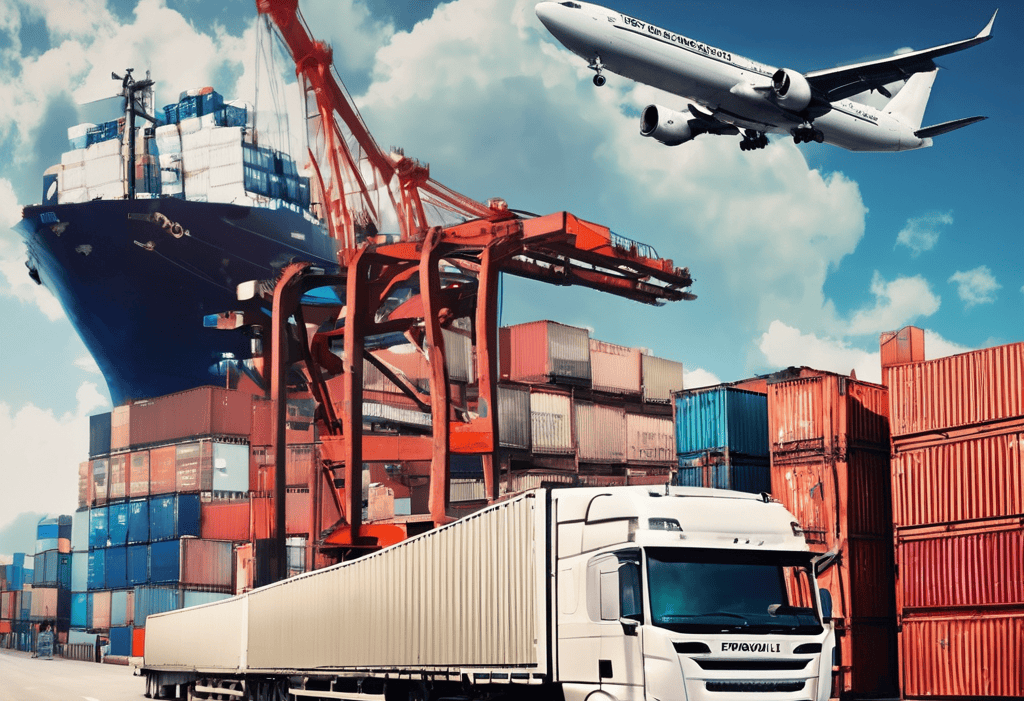Technology has revolutionized international trade by enabling seamless cross-border transactions, enhancing supply chain management, and improving trade facilitation. E-commerce platforms, digital payment systems, blockchain technology, data analytics, and trade facilitation platforms have transformed the global trade landscape. As technology continues to advance, the role it plays in facilitating international trade will continue to expand. Businesses and governments must embrace these technological advancements to unlock the full potential of global trade, fostering economic growth, and creating new opportunities in the digital era.
-
E-Commerce and Online Marketplaces
E-commerce has transformed international trade by enabling businesses and consumers to engage in cross-border transactions with ease. Online marketplaces, such as Amazon, Alibaba, and eBay, have created global platforms for sellers and buyers to connect, facilitating the exchange of goods and services across borders.
According to Statista, global e-commerce sales reached $4.28 trillion in 2020, with projections expecting it to surpass $5.4 trillion by 2022. The growth of e-commerce has allowed small and medium-sized enterprises (SMEs) to access global markets, expanding their customer base beyond geographical boundaries.
Digital Payment Systems
Digital payment systems have simplified international transactions, eliminating the need for traditional methods like checks and bank transfers. Online payment platforms like PayPal, Stripe, and Alipay have made it easier for businesses and consumers to make secure payments across borders, overcoming barriers such as currency conversions and long processing times.
The adoption of digital payment systems has been substantial. For instance, PayPal reported that its total payment volume reached $936 billion in 2020, representing a significant share of global online payments.
Blockchain Technology and Supply Chain Management
Blockchain technology has emerged as a powerful tool for enhancing transparency and efficiency in global supply chains. By creating a decentralized and immutable ledger, blockchain enables secure and traceable transactions, reducing fraud, counterfeiting, and paperwork in international trade.
The World Economic Forum estimates that by 2025, blockchain could be used to facilitate 10% of global GDP, with significant applications in supply chain management, trade finance, and customs processes. Companies like IBM, Walmart, and Maersk have already implemented blockchain solutions to improve supply chain visibility and streamline trade processes.
Data Analytics and Artificial Intelligence (AI)
Data analytics and AI-driven technologies have transformed the way businesses analyze and utilize trade-related data, enabling better decision-making and forecasting. AI algorithms can analyze vast amounts of trade data, identify patterns, and predict market trends, helping businesses optimize their supply chains and identify new trade opportunities.
According to a study by McKinsey, AI technologies could potentially add $1.2-2 trillion to global economic output in trade-related activities by 2030.
Trade Facilitation Platforms and Digital Documentation
Digital trade facilitation platforms have emerged to streamline trade processes and reduce paperwork. Initiatives like the World Customs Organization's Single Window systems and the UN/CEFACT's Digital Transport Corridors facilitate the electronic exchange of trade-related information, including customs documentation, certificates of origin, and invoices.
These platforms enhance efficiency, reduce costs, and minimize trade barriers by digitizing and automating processes. They enable faster clearance at customs, reduce paperwork errors, and improve overall trade facilitation.
Read more views

























